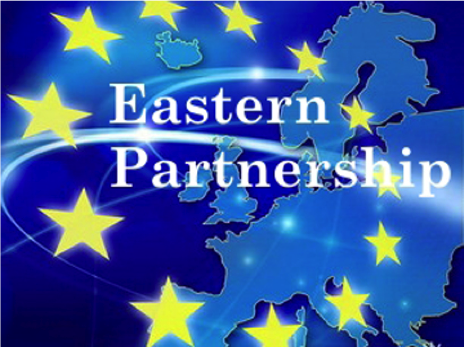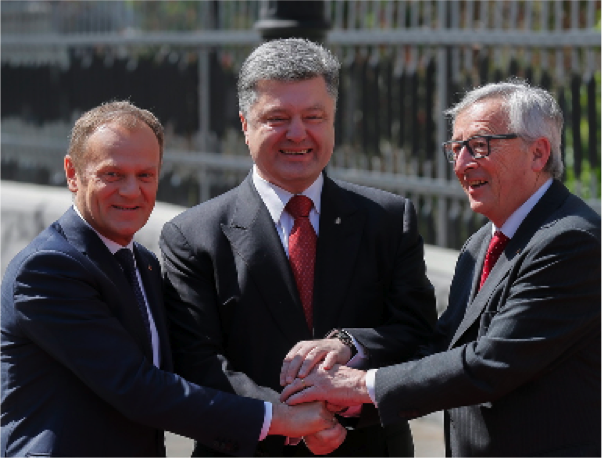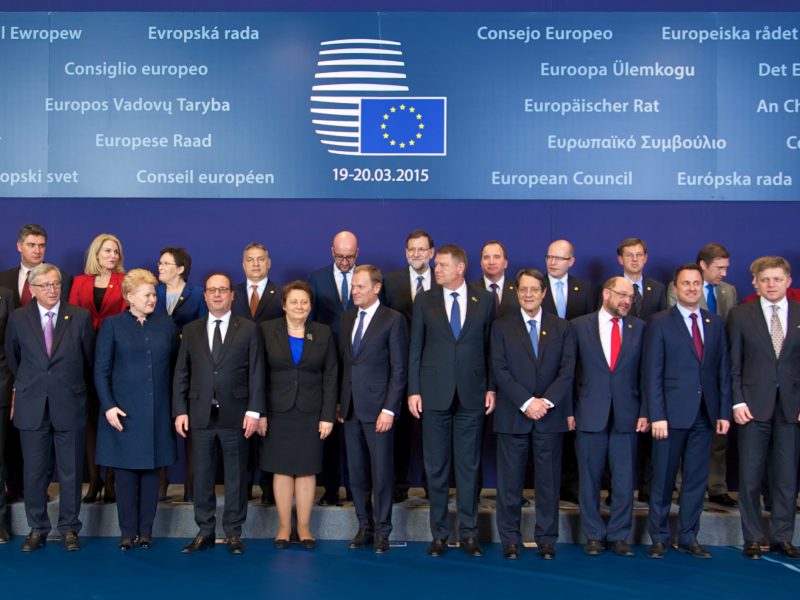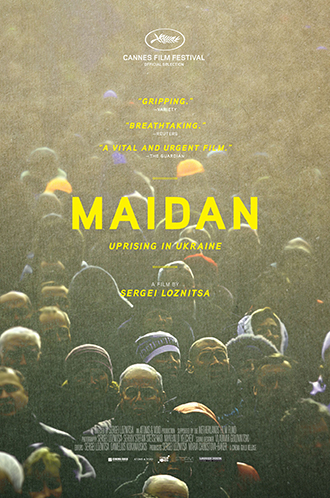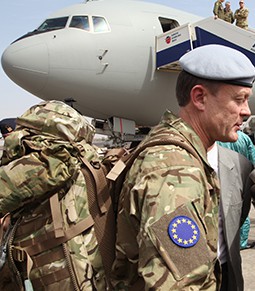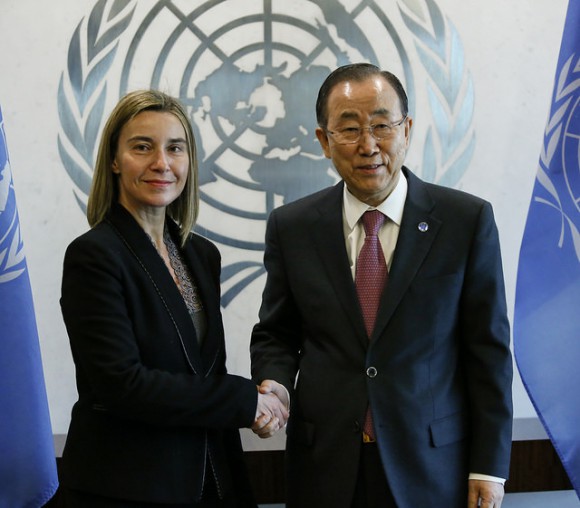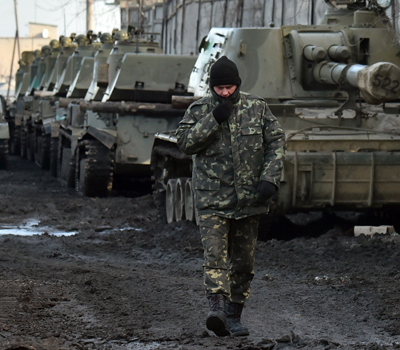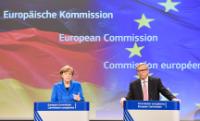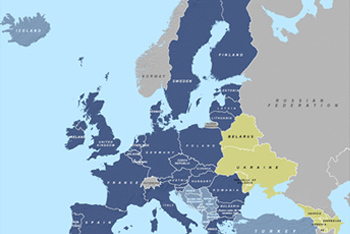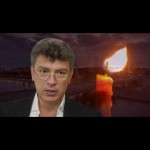Eastern Partnership Summit ends with a joint declaration
Leaders of the European Union and six former Soviet republics (Armenia, Azerbaijan, Belarus, Georgia, Moldova and Ukraine) met in Riga for the first Eastern Partnership Summit since the Ukrainian crisis erupted. Unlike the Riga Summit of 2013, which triggered a series of events that eventually led to the downfall of Viktor Yanukovych and Russia’s annexation of Crimea, this year’s meeting had a less earth-shaking outcome. It ended in a joint declaration that lacks any firm commitments. Even where it was supposed to pack the most punches – its condemnation of Russian aggression in Ukraine – the language had to be watered down significantly

